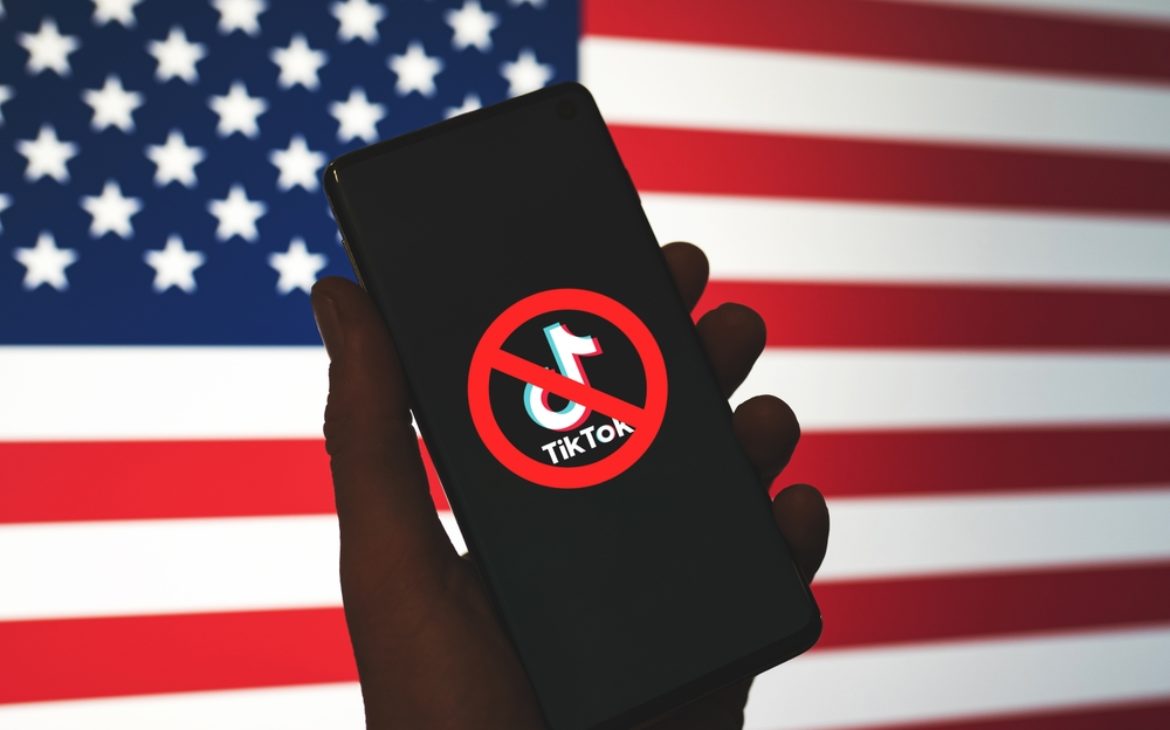Montana has become the first state in the United States to implement a ban on TikTok, citing concerns about data privacy and the Chinese Communist Party’s access to personal information. Governor Greg Gianforte signed the bill, aiming to safeguard Montanans’ data from foreign entities. TikTok has a substantial user base in Montana, including thousands of businesses.
A TikTok spokesperson, Brooke Oberwetter, criticized the ban, asserting that it infringes on the First Amendment rights of Montanans. Oberwetter reassured users that they can continue using TikTok and expressed the company’s commitment to defending user rights.
The ban, effective from January 2024, does not immediately impact current TikTok users or penalize them. Instead, it targets the availability of the app by imposing a potential $10,000 daily fine on entities like TikTok, Google, and Apple if the app remains accessible in Montana’s app stores. While existing users can still access TikTok, they will eventually face challenges as they are unable to download new updates essential for optimal performance.
Enforcement of the ban will involve monitoring whether app stores offer TikTok to Montana users. The involved companies should be able to identify user locations and restrict access accordingly. However, users in Montana may be able to bypass the ban using technology that falsifies their location. Virtual Private Networks (VPNs) can help users pose as if they are logging in from a different location, evading the state-specific ban.
It remains uncertain how effectively the ban will be enforced, as no state has previously implemented a similar ban on a widely popular app. Montana’s ban on TikTok is considered groundbreaking in this regard, according to Sarah Kreps, the director of Cornell University’s Tech Policy Institute.
Legal challenges are expected against the TikTok ban in Montana, particularly on First Amendment grounds. Free speech advocacy groups, including the ACLU (American Civil Liberties Union), have criticized the measure. When considering such limits on free speech, the courts typically assess the extent of national security or privacy concerns against the restrictions placed on expression. The government will need to provide a compelling justification for the ban in order to withstand legal challenges.
